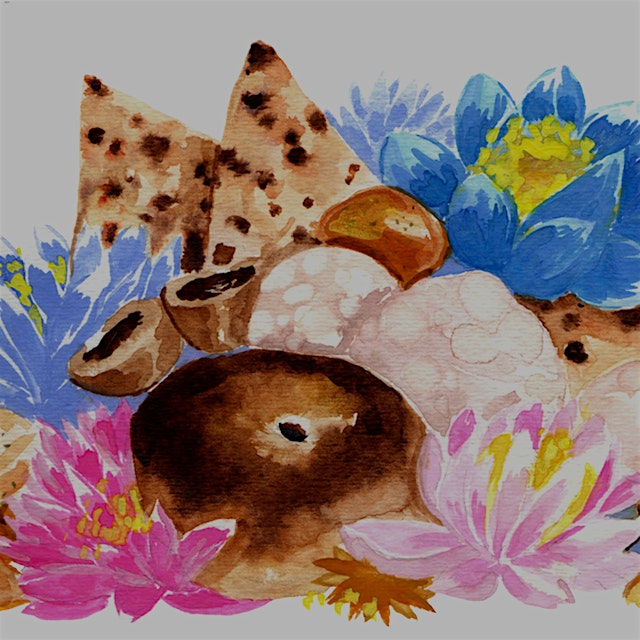The grim prospect (Time to take antibiotic resistance seriously)
"Resistance is not only encouraged and spread in medical settings. In many places, more antibiotics are given to farm animals than to people. In America 70% of those sold end up in beasts and fowl. Some of this is to treat disease; most is not. For reasons only dimly understood, many animals put on weight faster when fed these drugs. A lot of these drugs pass into the soil and watercourses, where they further encourage resistance. The bacteria that become resistant this way are unlikely to be human pathogens. But their resistance genes can quite easily get into bugs that are. Some of the antibiotics farmers use are those that doctors hold in reserve for the most difficult cases. Colistin is not much used in people because it can damage their kidneys, but it is a vital last line of defence against Acinetobacter, Pseudomonas aeruginosa, Klebsiella and Enterobacter, two of which are specifically mentioned on the CDC watch list. Last year bacteria with plasmids bearing colistin-resistant genes were discovered, to general horror, in hospital patients in China. Agricultural use of colistin is thought to be the culprit."

